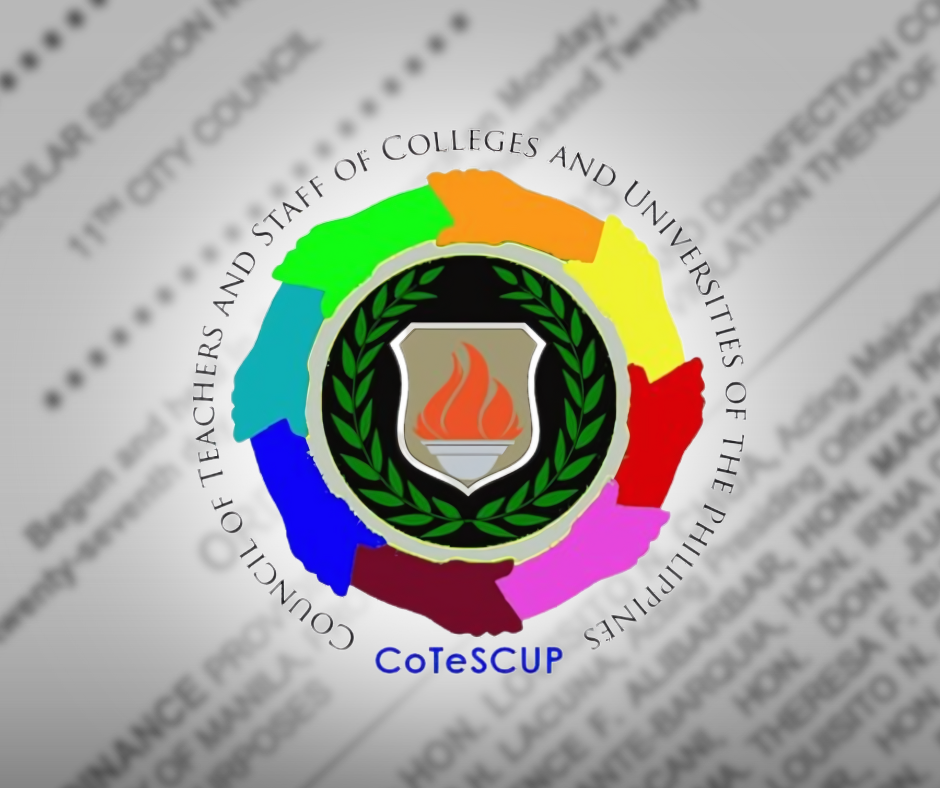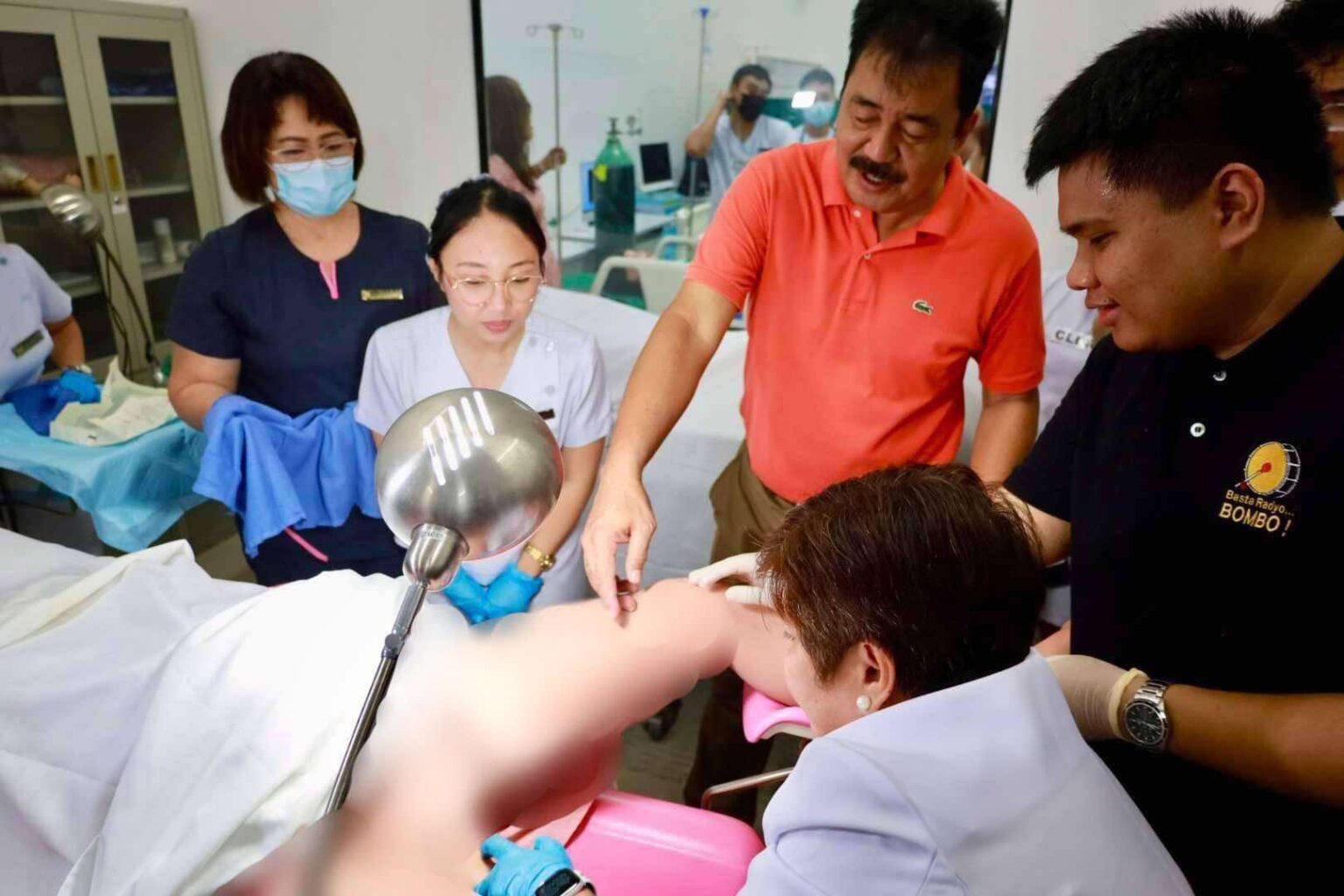
China’s Ministry of Education is tightening oversight of degrees from 13 overseas universities, including six from the Philippines, after discovering significant discrepancies in their authentication data.
Returning students often need their overseas credentials verified when applying for jobs in China. The ministry said the extra verification is to “protect the rights” of Chinese students.
In an advisory issued on July 24, the Chinese Service Center for Scholarly Exchange (CSCSE) reported that it found “significantly abnormal” data related to master’s and doctoral degrees from these institutions, according to China Daily.
While the advisory did not specify the nature of the abnormalities, it highlighted concerns raised by a surge of complaints about potential fraud involving these universities.
The universities under scrutiny include St. Paul University Philippines, Philippine Christian University, St. Dominic Savio College, the Philippine Women’s University, AMA University, and Lyceum of the Philippines University – Batangas, the University World News reported.
The advisory also listed five universities from Mongolia (Graduate University of Mongolia and Ikh Zasag International University, among others) and two from India (Andhra University and Acharya Nagarjuna University).
A Beijing-based study abroad consultant noted, “Unscrupulous agents are often driving this, although in some cases they also work together with the universities.”
The CSCSE plans to extend the verification process for credentials from these universities to a minimum of 60 working days, up from the usual 10-15 days.
The change reflects a more thorough approach to maintain order in the international education market.
The CSCSE typically verifies degrees by contacting the foreign institutions directly.
Since 2021, the CSCSE has publicly named 32 overseas institutions for similar issues, with 12 located in the Philippines. This latest advisory marks the longest list of flagged universities to date.
Concerns have also emerged about the rising number of Chinese students enrolling in the Philippines, particularly in the Cagayan region, which has raised national security issues.
In April, senators alleged some universities may be involved in selling diplomas to Chinese students.
St. Paul University has denied these allegations but faces scrutiny as it reported a significant increase in Chinese enrollment.


